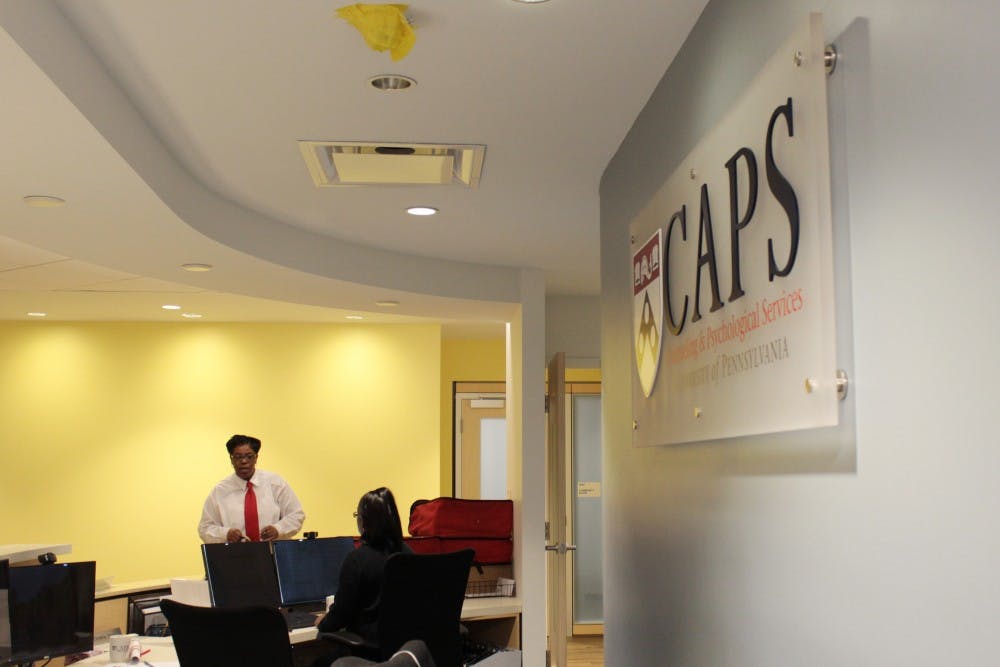
It’s one of those ugly secrets that pervades college campuses: sexual violence happens.
But campus resources, like the Sexual Trauma Treatment Outreach and Prevention team, aim to create a fast and streamlined response for those who need it. STTOP offers immediate support for students who come to Counseling and Psychological Services who have experienced instances of interpersonal violence.
“Based on what we were hearing from research and self report, that often students, when they go through something, they may not know it's sexual assault, they may be afraid to talk about it,” Director of STTOP Di O’Neill said. “We wanted to be available as quick as possible while the student is open to support.”
There are nine clinicians on the STTOP team who meet regularly to discuss and keep up to date with sexual trauma and treatment research and policies.
“We started talking about it in 2012,” O’Neill said. “We needed a more organized response and clinicians who were informed, in touch with the research on the issue and more aware of the context, and also that we were consistent in how we were responding and providing support."
The STTOP team doesn’t work alone, and it has ties to organizations that predate it. O'Neill is also co-facilitator of the Support and Empowerment Group for Sexual Assault Survivors, along with Penn Women's Center Associate Director Brittany Harris. The group started in 2009. STTOP has also worked with the Women’s Center, as well as other organizations who are invested in helping students.
Students often are referred to STTOP through various channels, including the Women’s Center, Special Services, Student Health Services, Student Intervention Services and professors.
The STTOP program augments CAPS’ desire to quickly get students the help they need, when they need it. Having a dedicated staff who exclusively work with sexual violence survivors in the same day that they request support, streamlines the process.
“In general [the mission of] CAPS is to get students in as quickly as possible, and [STTOP] is aligned with that mission,” O’Neill said.
However, it is unclear whether the numbers of students who report incidents has changed much since the STTOP team was created.
“I would say that the numbers are pretty consistent,” O’Neill said. As is true for sexual violence on other college campuses and elsewhere, the number of cases reported is estimated to be much lower than the real number of incidents.
Still, O'Neill believes that now, the dialogue surrounding sexual trauma and assault is more open, which she views as a positive sign.
“Being open about it brings us more opportunity to change,” O’Neill said.
The Daily Pennsylvanian is an independent, student-run newspaper. Please consider making a donation to support the coverage that shapes the University. Your generosity ensures a future of strong journalism at Penn.
DonatePlease note All comments are eligible for publication in The Daily Pennsylvanian.








